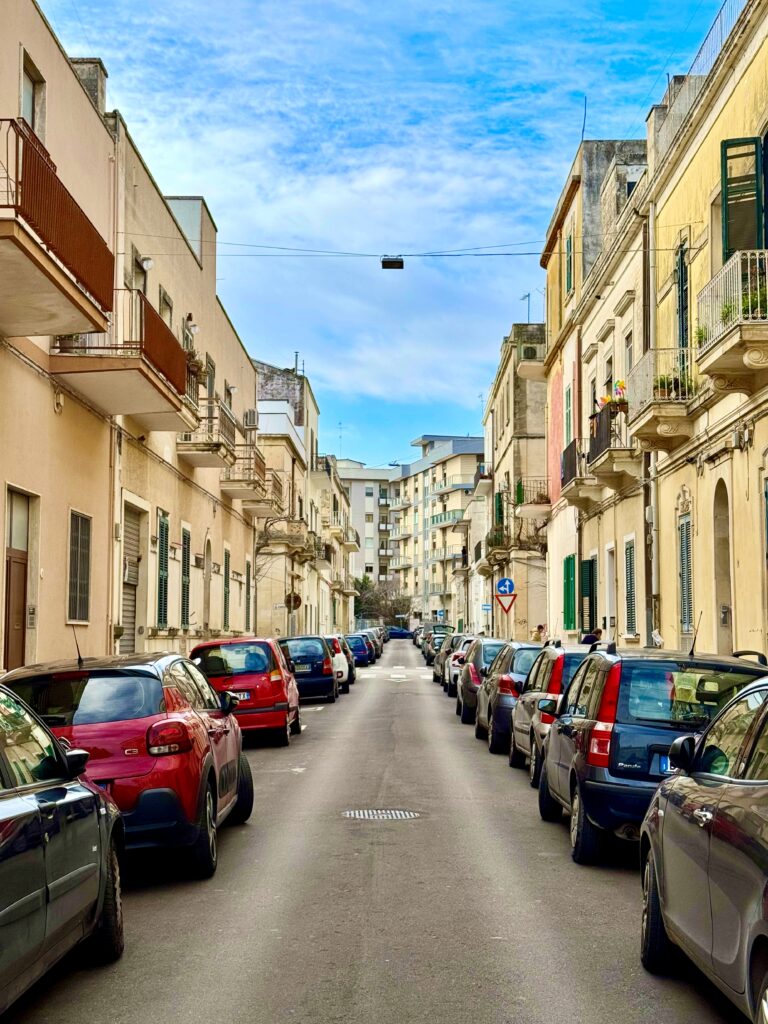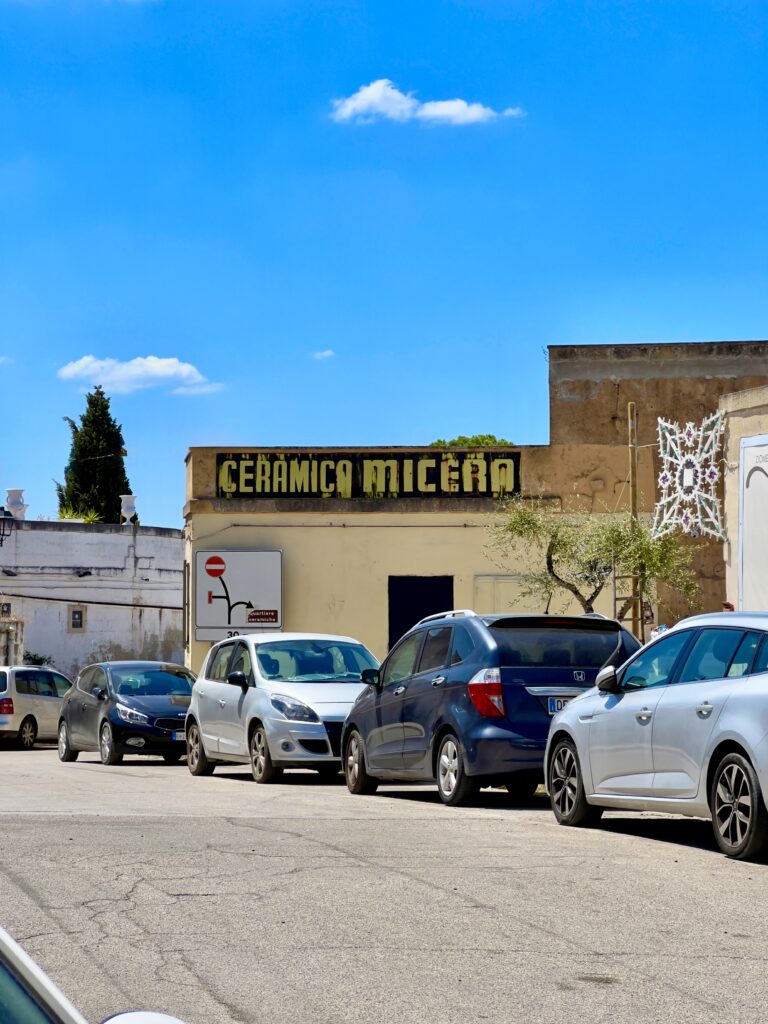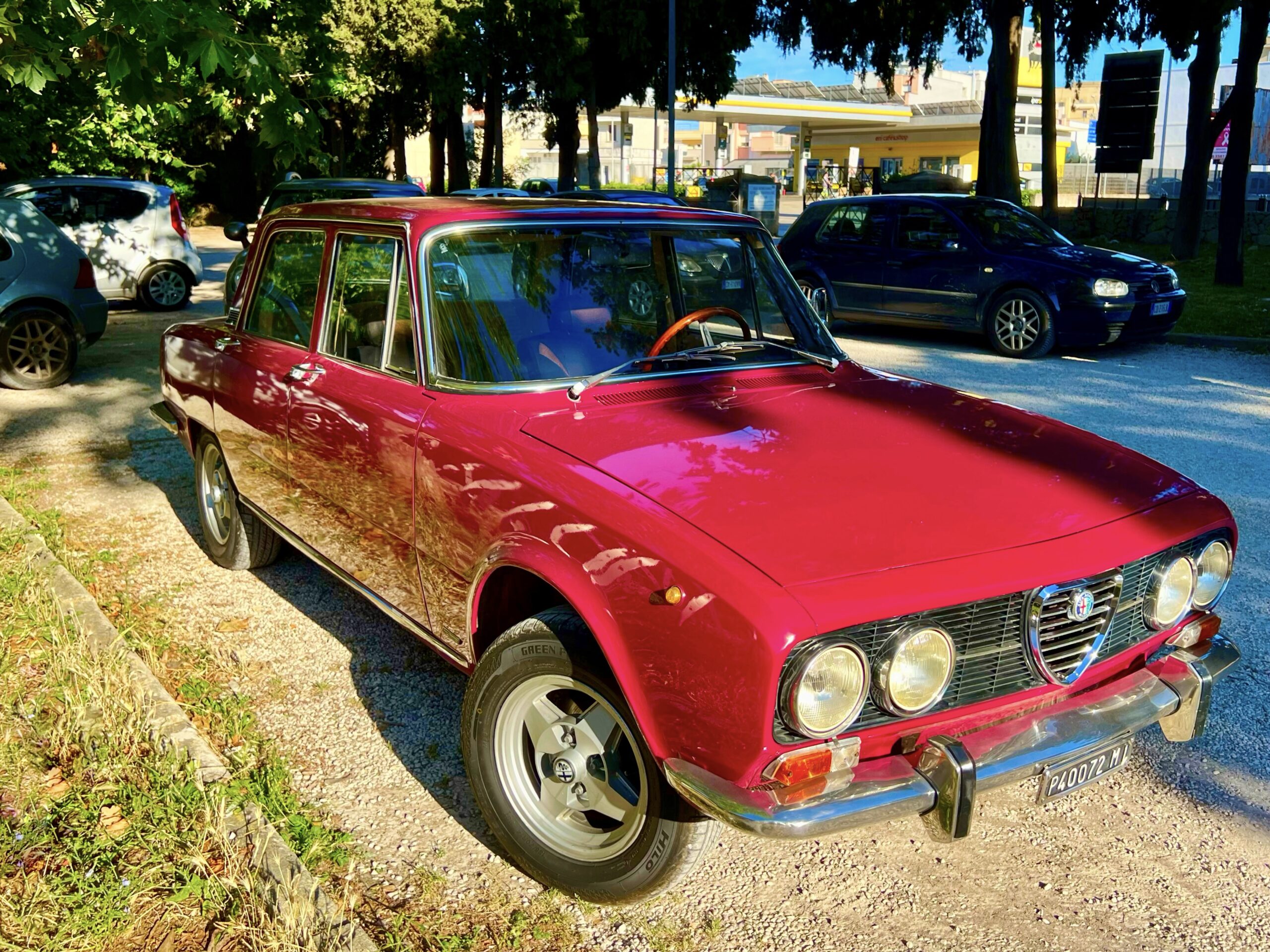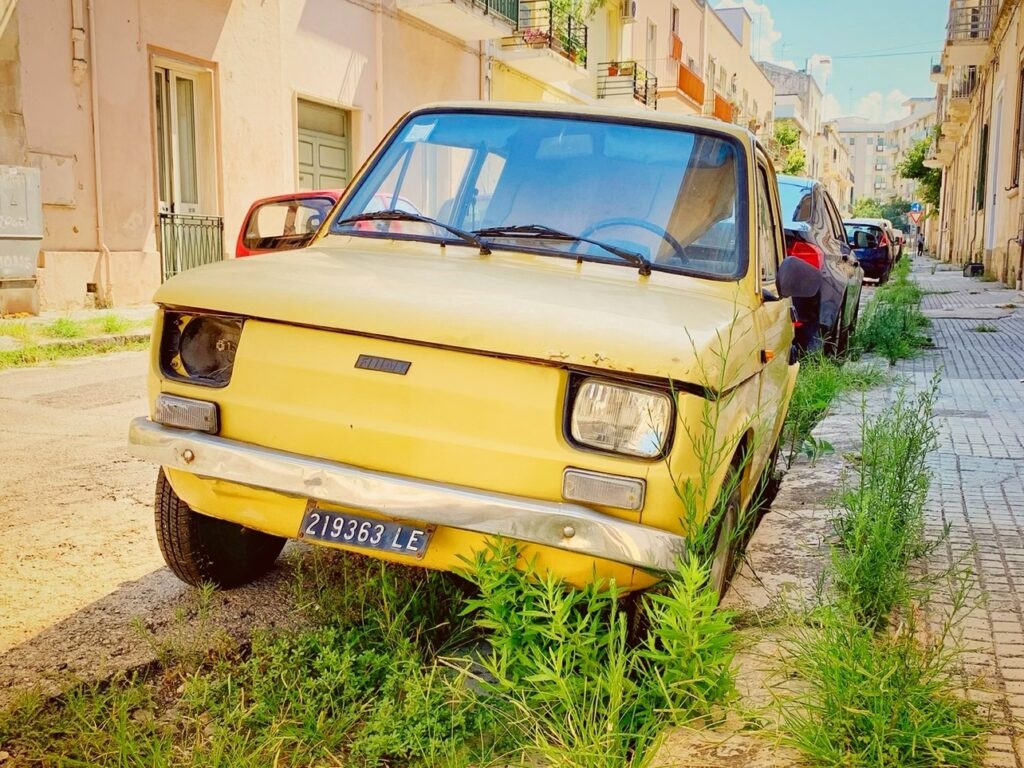The Unofficial Guardians of the Kerb: Parking Scams Tourists Should Know About
If you’ve ever parked your hire car on a quiet side street in southern Italy and been approached by a man waving vaguely at the kerb or gesturing to a nearby space, you may have just met a parcheggiatore abusivo—an unofficial, self-appointed car park “guardian” who expects a small fee to “look after” your vehicle.
While the custom may seem quaint or even helpful at first, the reality is more complicated. This is, in effect, a form of soft extortion. You’re not really paying for a service—you’re paying to avoid a problem.
Where Did It Start?
This practice has deep roots in parts of southern Italy, especially in cities like Naples, Palermo, and Bari. Often romanticised as part of the local colour, it’s a street-level economy fuelled by long-term unemployment, poverty, and in some cases, organised crime.
The tradition may seem informal, but in some places it’s more structured than you’d think. In Naples and Palermo, for example, some illegal attendants are linked to local protection rackets, operating with the tacit approval of criminal groups. In other cases, it’s simply a way for economically marginalised individuals—often older men, migrants, or people with limited work prospects—to scrape together a living in the absence of reliable social welfare or job opportunities.
What tourists experience as an awkward shakedown is often a symptom of wider economic imbalance. In some neighbourhoods, the parcheggiatore is a semi-accepted figure—a known local who is tolerated or even supported by residents.
A Wider Phenomenon
Similar parking scams can also be found in Spain, Portugal, and Greece, and in countries further afield like Brazil, Argentina, and Mexico, where informal parking attendants are an entrenched part of urban life. In South Africa unofficial attendants even wear high vis vests.
This behaviour is also known to happen in the UK and US, particularly at sporting events, although it is considered socially unacceptable. Attempts to charge for unofficial parking services are often shut down by authorities or met with resistance from the public.


Will Something Happen If You Don’t Pay?
In many cases, nothing happens—you might drive off a few hours later without issue. But the threat of vandalism, whether verbalised or simply implied, is what gives this arrangement its leverage.
In parts of Italy where the practice is common, there have been reports of:
- Keyed paintwork
- Snapped mirrors
- Slashed tyres
- Broken windows or theft, especially if valuables are visible
While these outcomes aren’t inevitable, they do occur often enough that locals typically hand over a €1–€2 coin as a preventative measure. It’s seen as the cost of keeping the peace.
How Tourists Can Handle It
If you’re travelling in Italy—or any country where this is common—here’s how to minimise hassle:
- Use official car parks or pay-and-display spaces whenever possible. Blue-lined bays or underground garages are safest.
- Don’t leave anything visible inside the car—even spare sunglasses or maps can be a lure.
- Try not to engage confrontationally. A polite “I’ve paid at the meter” or “I’m only stopping briefly” can diffuse the situation.
- Stay alert if someone appears particularly persistent or aggressive. In such cases, it’s safer to move the car elsewhere.
- Consider paying the small fee, especially if you’re unfamiliar with the area or leaving the car unattended for hours. Many locals see it as a cheap insurance policy.
- Ask your accommodation for parking advice, especially in cities like Naples, Bari, or Palermo, where scams are more prevalent.
Can You Report It?
Yes, but enforcement is patchy. Police in some cities, notably Naples, conduct periodic crackdowns, but unless a parcheggiatore is being overtly aggressive or threatening, little action is typically taken. Locals often view these figures as part nuisance, part necessity.
The Bigger Picture
Ultimately, this practice persists because of structural factors: high unemployment, informal economies, and in some areas, the presence of organised crime networks. To outsiders, it may feel like petty intimidation—but in the eyes of some locals, it’s just another coping mechanism in a region long underserved by the state.
That said, most tourists pass through without incident. With a bit of awareness and some smart parking choices, you can too.
So next time you park up and someone sidles over offering to “keep an eye on things,” you’ll understand the custom—and be ready to deal with it on your own terms.
The Puglia Perspective


While tales of the parcheggiatore abusivo—the unofficial parking “guard”—can seem unsettling to the uninitiated, in practice we’ve encountered it only infrequently during our travels around Puglia.
A recent example of it happening (April 2025) in Taranto along Lungomare Vittorio Emmanuele III was reported to us by a someone who had been following our guides.
In many cases, if there’s ample parking nearby, we simply move on. But in busier towns or near popular beaches where space is scarce, offering €1–2 can be a small price to pay for peace of mind. It’s important to remember that these men—and they are almost always men—are usually acting out of economic necessity rather than malice. In areas with high unemployment, limited opportunities, and little social safety net, this informal practice has become a tolerated form of street-level income.
For some, it may feel like a relic of protection rackets; for others, it’s just a quiet transaction that avoids unnecessary hassle.
🔍 Tips for Tourists: Navigating Unofficial Parking Attendants in Italy
🚗 Use official parking areas
Opt for underground car parks, blue-lined bays (strisce blu), or clearly signed pay-and-display zones whenever possible.
👀 Don’t leave valuables in the car
Even small items like sunglasses, chargers, or bags can attract attention. Keep the interior clear.
💶 Have a few €1 or €2 coins handy
If approached by an unofficial attendant (parcheggiatore abusivo), handing over a small coin is often enough to avoid hassle, especially in cities like Naples or Palermo.
🗣️ Be polite, not confrontational
A friendly “grazie, sto andando via” (“thanks, I’m just leaving”) or “ho già pagato al parchimetro” (“I’ve paid at the meter”) can defuse awkward situations.
📍 Ask locals for advice
Hotel staff or hosts often know where the safest places to park are—and where these practices are more common.
🚔 Know when to walk away
If someone is aggressive or insistent, it’s best to avoid the area. Move the car rather than risk damage or confrontation.
🧾 Keep your parking receipt visible
If you’re in a legal paid spot, place the ticket clearly on the dashboard to avoid misunderstandings or fines.


